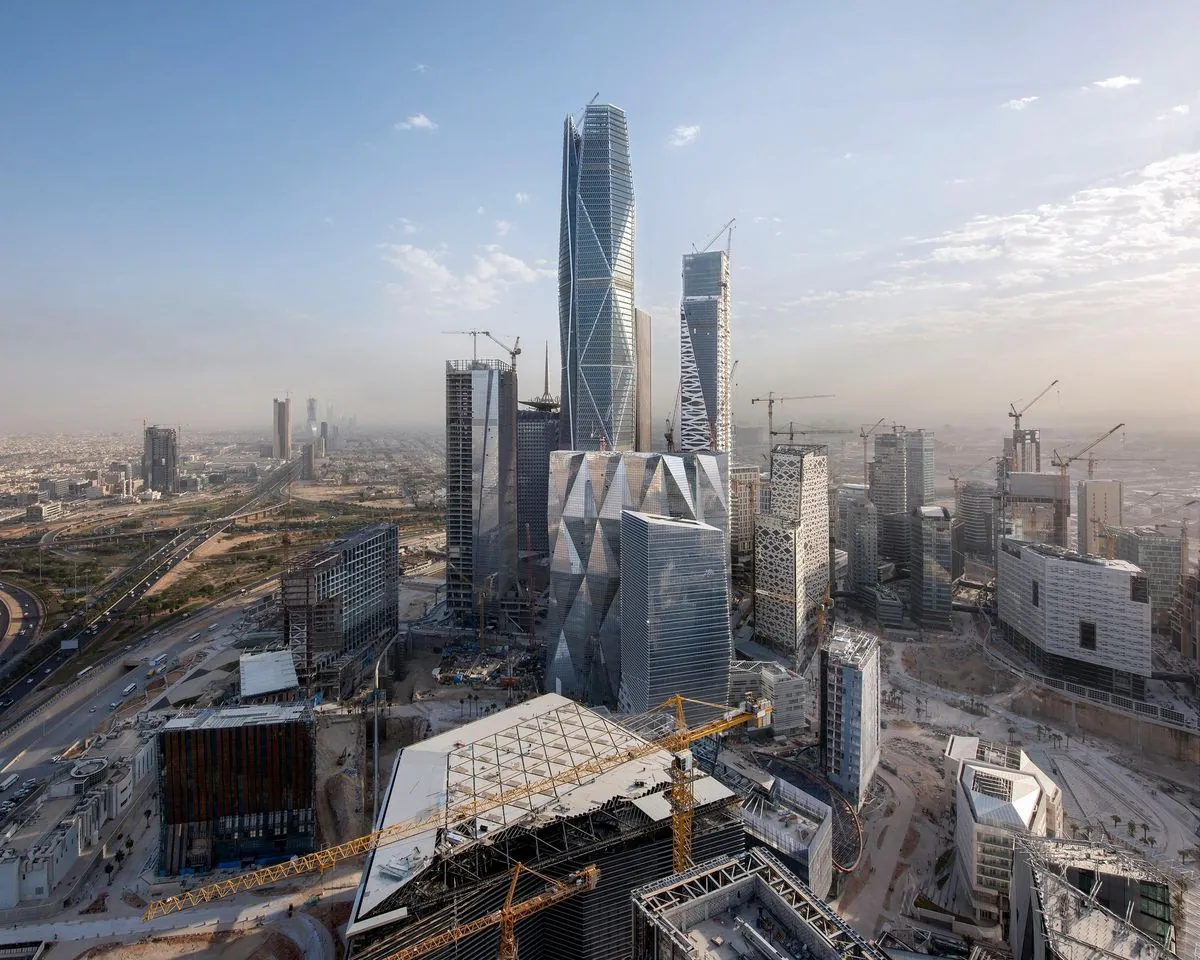Saudi Arabia's Inflation Edges Up to 1.6% in August, Driven by Housing and Food Costs
Saudi Arabia's annual inflation rate increased slightly to 1.6% in August, primarily due to rising housing rents and food prices. The rate remains relatively low compared to global levels.

In August 2024, Saudi Arabia experienced a modest uptick in its annual inflation rate, reaching 1.6% compared to 1.5% in July. This slight increase was primarily attributed to rising housing rents and food prices, according to data released by the General Authority for Statistics.
The housing sector played a significant role in driving inflation, with rents surging by 10.7%. This surge contributed to an overall 8.9% increase in the costs associated with housing, water, electricity, gas, and other utilities. Saudi Arabia, the largest economy in the Arab world, has been implementing various economic reforms as part of its Vision 2030 plan to diversify its economy away from oil dependence.
Food and beverage prices also contributed to the inflation rise, increasing by 0.9%. Notably, vegetable prices saw a more substantial jump of 4.6%. The restaurant and hotel sector, along with education, also experienced price hikes. However, some sectors witnessed price declines, with transport costs falling by 3.4% and furnishing and home equipment prices decreasing by 3.5%.

Despite these increases, Saudi Arabia's inflation rate remains relatively low compared to global levels. The country's economy, heavily reliant on oil exports, has been working on implementing various measures to attract foreign investment and develop non-oil sectors. As part of these efforts, Saudi Arabia opened its stock market to foreign investors in 2015 and has been investing in renewable energy projects and technology hubs.
The International Monetary Fund (IMF) has provided a forecast for Saudi Arabia's inflation in the coming years. According to their projections, the country's inflation is expected to average 1.9% in 2024 and 2% in 2025. These figures suggest a continued moderate inflationary environment for the kingdom.
It's worth noting that Saudi Arabia introduced a value-added tax (VAT) in 2018 as part of its economic reforms. The country has also been working on reducing its reliance on foreign workers and privatizing some state-owned enterprises to boost economic efficiency.
As the world's largest exporter of petroleum and holder of the second-largest proven oil reserves, Saudi Arabia's economic policies and inflation rates have significant implications for global markets. The country's membership in the G20 group of major economies further underscores its importance in the global economic landscape.
While the recent inflation data shows a slight increase, it's important to consider this in the context of Saudi Arabia's broader economic transformation efforts. The country continues to navigate the challenges of diversifying its economy while maintaining stability in key economic indicators such as inflation.


































